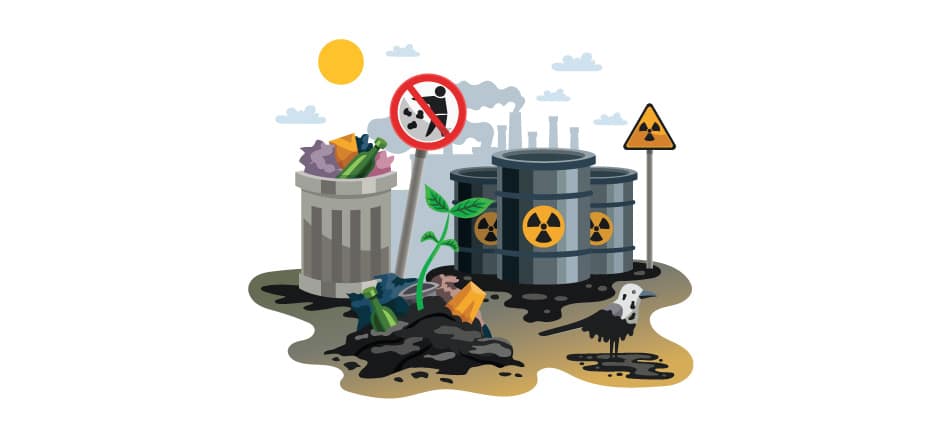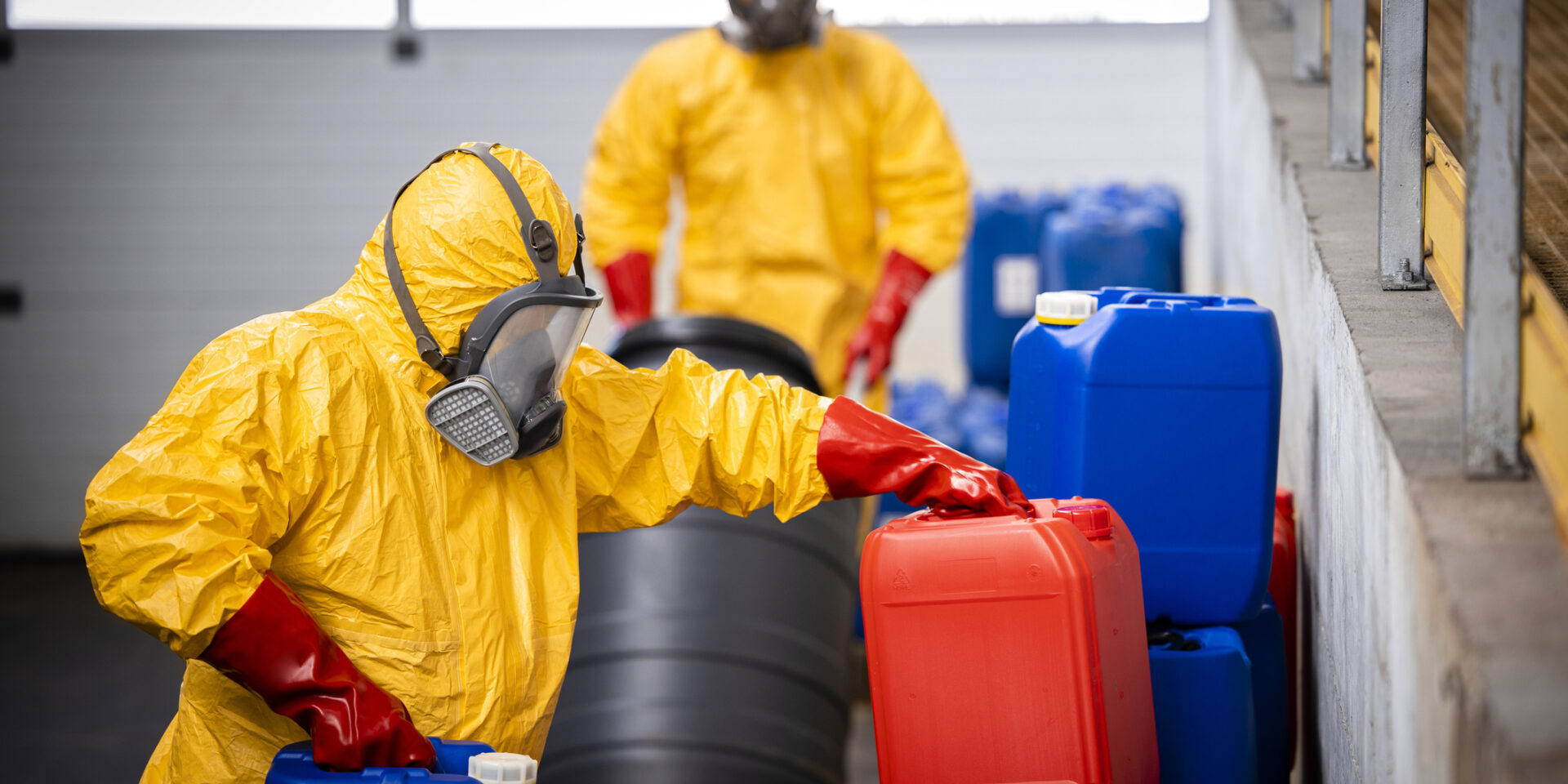HAZMAT Training, Who Requires and Why?
Hazardous materials can be very dangerous and require Hazmat Training. Pretty much every working environment contains measures of hazardous substances that, whenever spilled or mixed, will cause extraordinary damage and can even be life-threatening. It is significant that organizations should have essential information on the best way to perceive these hazardous compounds, where they might be found, and what to do, or not do, about hazardous material spills. Hazardous products are substances that when shipped are a danger to health, safety, the environment, and property.
Products that are dangerous and can cause harm in any event, even when not being moved or transported are known as hazardous materials. In the United States, risky products are regularly demonstrated by a diamond label on the product container. The diamond label contains the hazardous material type and its nature. The color code of every diamond label shows its peril, e.g., combustible is shown with red since fire and warmth are by and large of red tone, and explosive is demonstrated with orange since blending red (combustible) with yellow (oxidizing specialist) makes orange. A non-flammable and nontoxic gas is shown with green, since all packed air vessels were this color code in France after World War II, and France was the place where the color coding of hazardous labels started. All hazardous substances are color-coded according to their chemical nature. A hazardous material is also referred to as “HAZMAT” and its training is called “Hazmat Training”. Enrolling in the OSHA 30-Hour Construction course is advantageous for employees since it provides essential awareness and knowledge on hazardous materials and teaches about potential site hazards, Personal Protective Equipment (PPE), and other essential safety topics related to job operations.

Who Needs HAZMAT Training?
OSHA Training conducts various types of training on the guidelines for the transportation, stockpiling, and use of unsafe Hazardous materials. The prerequisites can be confounding. To explain them, we made an overall guide delineating the various kinds of dangerous materials preparation and the worker jobs that are required from them, hence called Hazmat Training. The Dangerous Goods Storage and Handling Regulations 2012 set out the lawful obligations for producers and providers, and for occupiers of work environments where perilous products are put away or dealt with. The Code of Training for the capacity and treatment of perilous products provides useful data on the best way to go along. You should distinguish the perils identified with the hazardous merchandise at your premises, survey the dangers, and actualize hazard controls. See the Code of Training for the capacity and treatment of hazardous products for optimum control.
Companies that handle hazardous merchandise will frequently wear protective hardware and require Hazmat Training. The Metropolitan Fire Department has a designated team of firefighters prepared to manage any mishaps or spills. People who may come into contact with hazardous products are kept under observation to guarantee that their exposure doesn’t surpass the defined limits. Laws and guidelines on the utilization and treatment of unsafe materials may contrast contingent upon the action and status of the hazardous material. OSHA Outreach Courses related to hazardous materials are a vital tool for a manufacturer, supplier, and consumer who deals with any type of Hazmat material. These hazardous materials are used in various industries and sectors such as the chemistry Industry, petroleum industry, metal production industry, and Construction industry. Also used in manufacturing household supplies such as paint, anti-freeze, cleaning products, batteries, etc.

Why do you need it?
The construction project also requires the use of hazardous materials. It is essential to distinguish hazardous structure materials before starting or rebuilding. Risky structure materials incorporate asbestos, lead, mercury, polychlorinated biphenyls (PCB), chlorofluorocarbons, and radioactive sources; they are found in buildings of all ages or conditions. The uncontrolled unsettling influence of such materials can bring about risky overexposures for workers and representatives, tainting of the structure, venture delays, extra costs, and even administrative infringement. Understanding the well-being, security, and ecological guidelines that apply to the unsettling influence and removal of these materials can support proprietors and workers in getting ready for any potential issues. It is significant for any worker, regardless of the forte, to perceive the essential dangerous structure materials and comprehend appropriate government guidelines.
“Hazardous Materials” is an exceptionally vast subject. The significant idea to comprehend is acknowledgment. DOT labels are put on packaging, and the 704 Diamonds are put on structures and buildings. Being vigilant to the notice signs and having the option to perceive that there is an unsafe condition present may spare you from a catastrophic situation. A Hazardous Communication (HAZCOM) course or Hazmat Certification in preventing hazardous material accidents is a must for all companies. HAZMAT Course provides vital knowledge to understand the proper protocols used to handle and treat HAZMAT.






